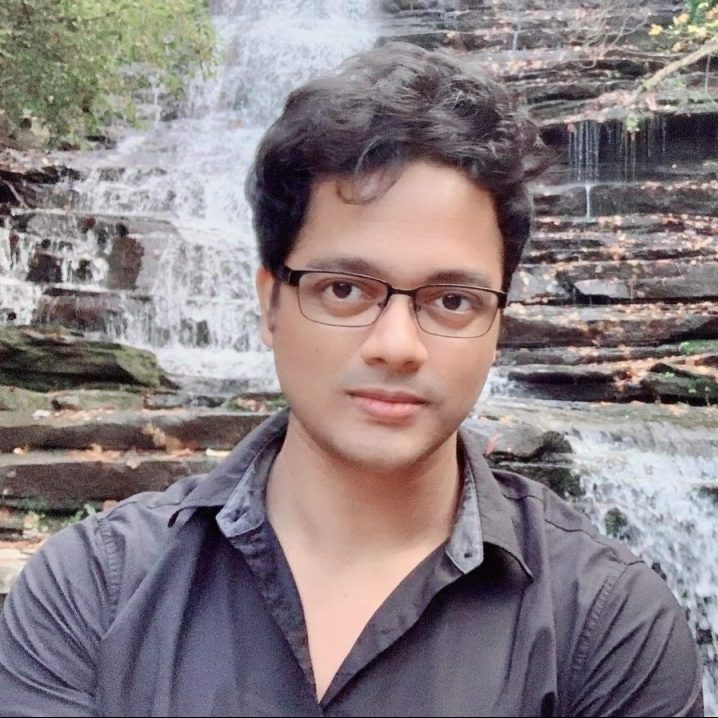Prabuddha Chakraborty, a graduate student in the Warren B. Nelms Institute for the Connected World, successfully defended his dissertation and earned his PhD. Dr. Chakraborty has been advised by Dr. Swarup Bhunia, Director of the Warren B. Nelms Institute.
In Fall 2022, he will join the University of Maine as an assistant professor in the Electrical and Computer Engineering Department.
“My PhD was very eventful. I had the great pleasure to collaborate with many brilliant researchers in my lab and work on many interesting projects,” Chakraborty said.
His dissertation, titled “An Artificial Intelligence Guided Design Paradigm for Secure and Efficient Edge Devices,” focuses on developing a unified and automated framework (ARTS) for designing efficient edge devices considering comprehensive design requirements.
Abstract:
Internet-of-Things (IoT) systems are widely used for performing diverse applications in different domains including healthcare, industrial automation, intelligent transport system, surveillance, and environmental monitoring. However, there are several challenges impeding the growth of IoT. The principle challenges are related to efficient IoT device (edge device) designing, data storage, data transmission, and security concerns among others. This dissertation focuses on developing a unified and automated framework (ARTS) for designing efficient edge devices considering comprehensive design requirements. To address data storage-related concerns, we have introduced BINGO, a brain-inspired learning memory paradigm that organizes the memory as a flexible neural memory network (NoK). The NoK evolves over time using reinforcement learning algorithms to enhance overall memory performance. To increase the transmission efficiency of edge devices, we have developed an image compression technique (MAGIC) that can tailor itself to a specific application domain providing higher compression rates (hence less transmission) in comparison to generic techniques such as JEPG 2000 and WebP. To ensure the security of IoT edge devices against IP theft and tampering, we have worked towards the development of different structurally secure logic locking techniques (SAIL, SURF). Future works will focus on: (1) extending ARTS for designing complete IoT systems, (2) enhancing the capabilities of BINGO, (3) extending MAGIC to other data domains such as videos, sound, and sensor data, and (4) utilising SAIL and SURF to formulate stronger locking techniques for hardware.
